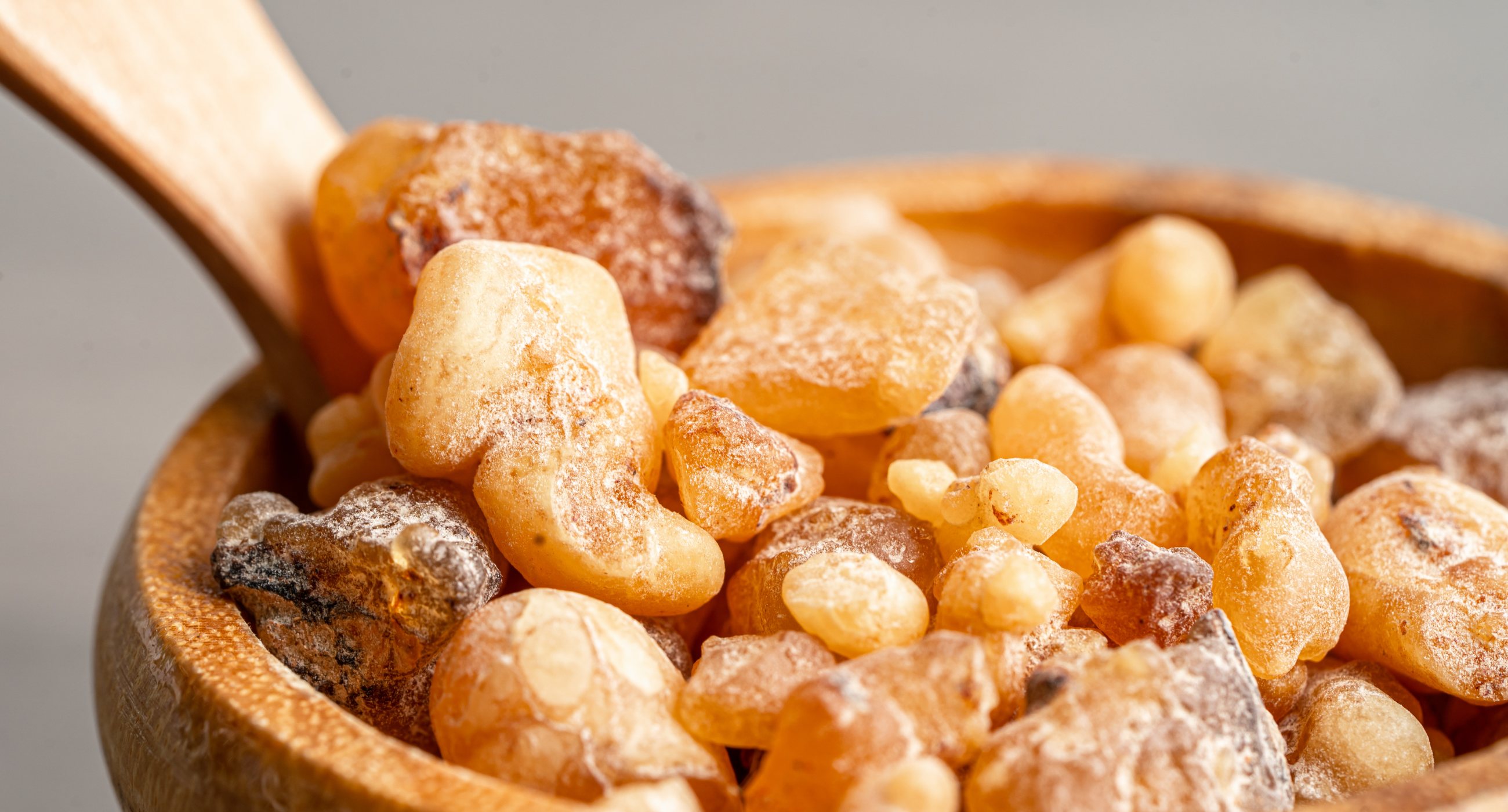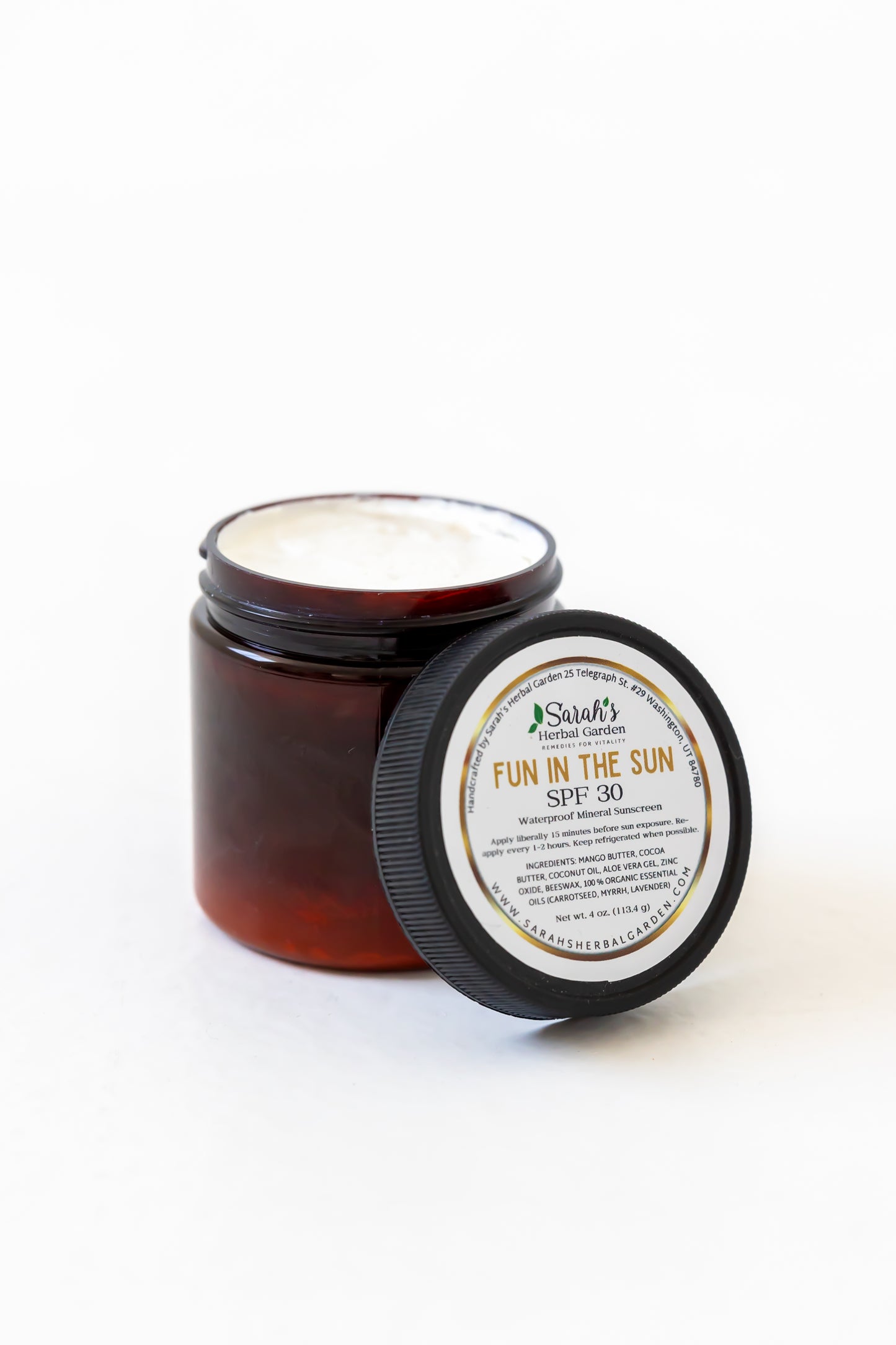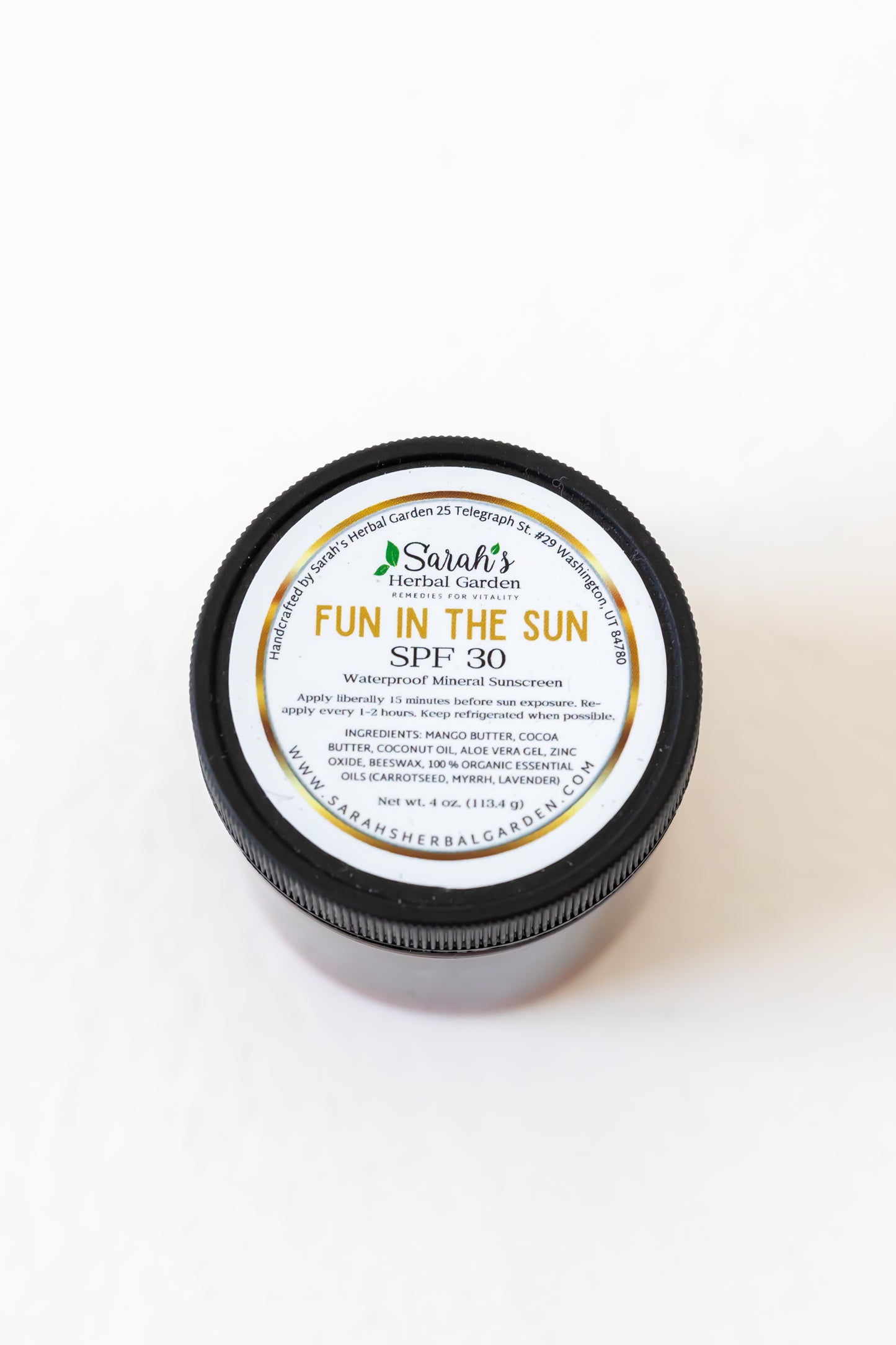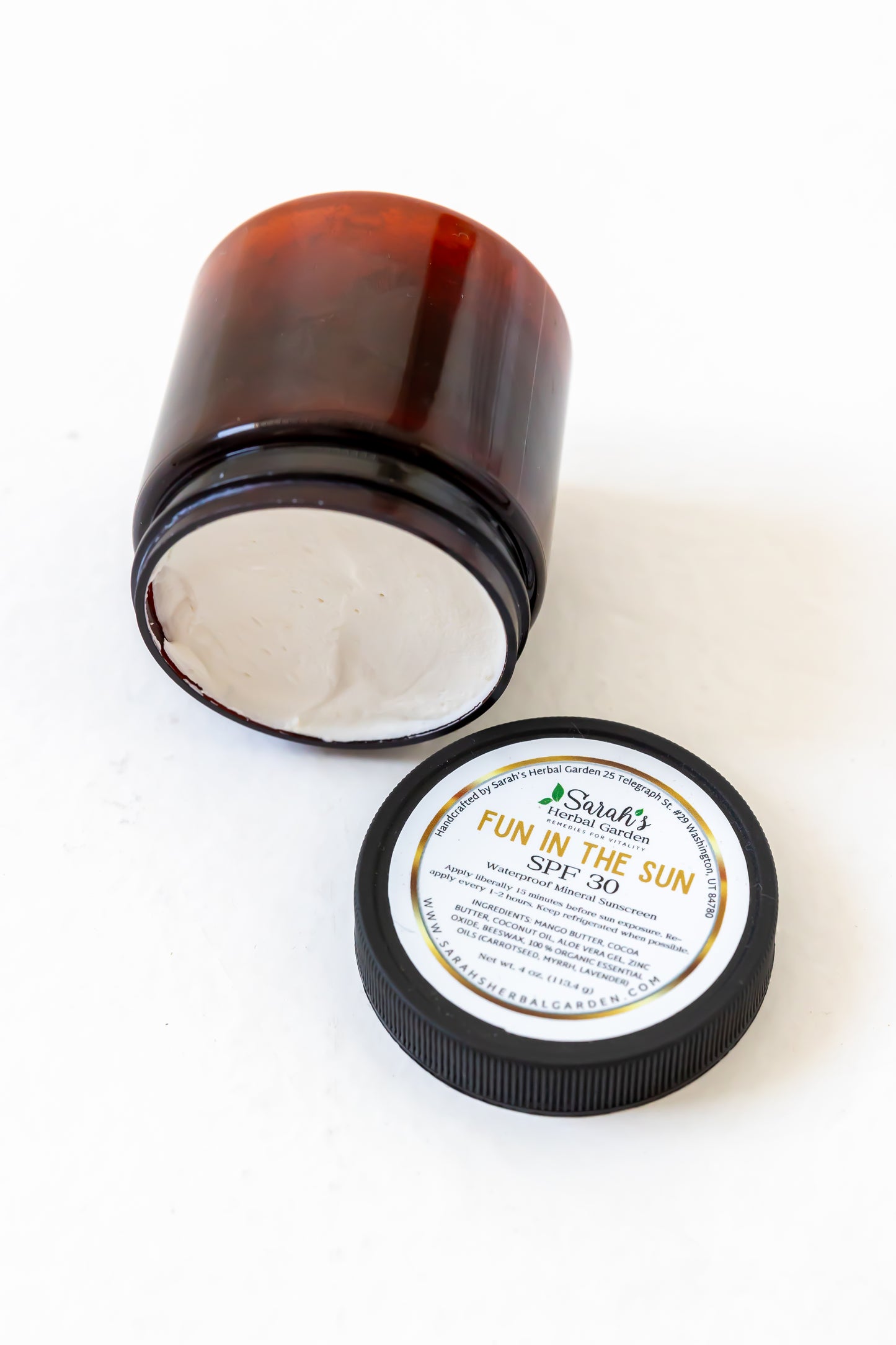
Myrrh
Scientific Name: Commiphora Myrrha
Herbal Profile: Myrrh (Commiphora Myrrha)
Botanical Name: Commiphora myrrha
Family: Burseraceae
Common Names: Myrrh, Gum Myrrh, African Myrrh
Part Used: Resin
Description: Myrrh is a resin obtained from the Commiphora myrrha tree, which is native to northeastern Africa and the Middle East. The tree is small and thorny, and the resin is collected by making incisions in the bark, allowing the sap to ooze out and harden.
Active Constituents:
- Sesquiterpenes: Have anti-inflammatory and antimicrobial properties.
- Terpenoids: Responsible for the characteristic aroma and medicinal effects.
- Commiphoric acids: Contribute to myrrh's analgesic and anti-inflammatory actions.
- Resin and gum: Provide astringent properties.
Medicinal Uses:
- Antiseptic and Antimicrobial: Myrrh is used to treat wounds and prevent infections.
- Anti-inflammatory: Helps reduce inflammation, used in conditions like arthritis.
- Astringent: Useful in treating mouth ulcers, gingivitis, and sore throats.
- Digestive Aid: Helps with indigestion, stimulates appetite, and alleviates gas.
- Expectorant: Aids in respiratory conditions by clearing mucus and phlegm.
- Menstrual Health: Used to alleviate menstrual cramps and regulate menstruation.
Traditional Uses:
- Incense and Perfumes: Myrrh has been used historically in religious ceremonies and as a key ingredient in perfumes.
- Embalming: Used in ancient Egypt for mummification.
- Oral Health: Employed in various cultures for maintaining oral hygiene.
Methods of Administration:
- Tincture: Myrrh resin dissolved in alcohol, used for oral and topical applications.
- Oil: Essential oil extracted from the resin, used in aromatherapy and topically.
- Poultice: Ground resin applied directly to wounds and sores.
- Mouthwash: Myrrh tincture diluted in water used for oral health.
Dosage:
- Tincture: 1-2 ml, three times a day.
- Essential Oil: A few drops diluted in a carrier oil for topical use.
Precautions:
- Pregnancy and Breastfeeding: Avoid use during pregnancy as it may stimulate uterine contractions.
- Allergic Reactions: Some individuals may experience skin irritation or allergic reactions.
- Drug Interactions: May interact with anticoagulants and diabetes medications.
Research Highlights:
- Anticancer Potential: Studies suggest that myrrh extracts may have properties that inhibit the growth of certain cancer cells.
- Antimicrobial Efficacy: Research supports its effectiveness against various pathogens, including bacteria and fungi.
Culinary Use:
- Flavoring Agent: Myrrh has been used sparingly as a flavoring agent in traditional cuisines.
Conclusion
Myrrh is a versatile and historically significant resin with a wide range of medicinal, therapeutic, and traditional uses. Its primary applications include antimicrobial, anti-inflammatory, and astringent properties, making it a valuable herbal remedy for various conditions. However, it should be used with caution, particularly regarding dosage and potential interactions with medications.
Sarah's Herbal Garden
Fun in the Sun {Mineral Sunscreen}
Share




